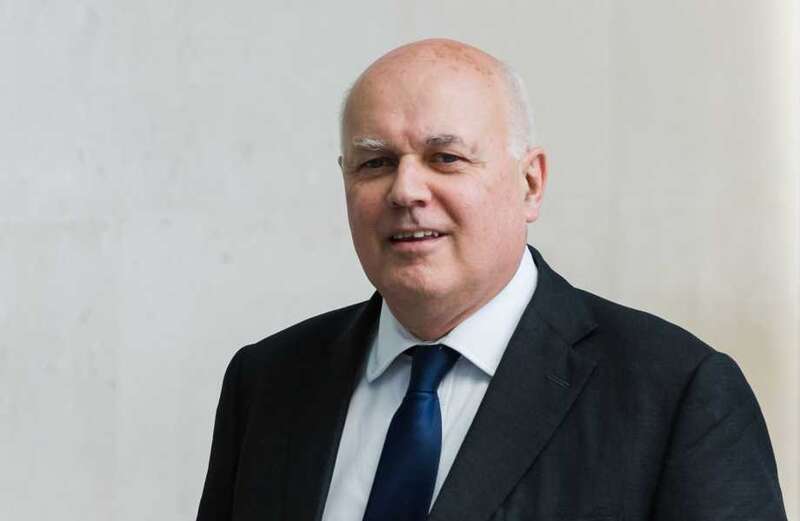FROM interminable week to interminable week, a year and a half after the Covid inquiry was set up, it is still raking over the entrails of the Covid crisis, examining WhatsApp messages.
Yet over the same period, other countries seem to have commenced and concluded their inquiries and already made their reports about the lessons to learn.

By contrast the Centre for Social Justice is publishing an in-depth analysis of life in the most disadvantaged communities today.
It paints a difficult picture of the poor quality of life in the most disadvantaged communities.
It describes in strong terms the yawning gap between those who can get by and those stuck at the bottom.
 From tongue scraping to saying no, here are 12 health trends to try in 2023
From tongue scraping to saying no, here are 12 health trends to try in 2023
The Covid inquiry seems to have become a lawyer fest, perfect for 24-hour television but to most people beyond the Westminster bubble, as interesting as watching paint dry.
Why hasn’t this inquiry looked at whether continuous blanket lockdowns were necessary?
Difficult as things were before Covid, there is no question but that the nature of the lockdowns made it a whole lot worse.
Perhaps the best example of that is what happened to children, the least likely to have been affected by the virus yet shut out of schools.
Reading the report, with its wealth of figures and many testimonies from a myriad of effective community groups and charities from across the UK, one is struck by the honesty of its findings.
Whilst this is a situation that has needed to be rectified for some time, the report is also clear that successive lockdowns implemented during the COVID-19 pandemic from 2020, were as the report says, “…the dynamite that blew it open.”
As a result, millions of people now lead lives marred by family fragility, stagnant wages, poor housing, chronic ill-health, and crime.
This remarkable 300-page report is backed up by heart-wrenching testimony and hard facts of life post lockdown for the poorest. It has taken evidence from a wide range of respondents.
First, is the poll of 6,000 people, 3,000 from the general public and 3,000 from those on the lowest income.
The report also heard from over 350 small charities, social enterprises and policy experts, and the Commission travelled to 3 nations of the UK and to over 20 towns and cities.
 How to de-clutter if you have a beauty stash to last you a lifetime
How to de-clutter if you have a beauty stash to last you a lifetime
In summary, they found that during lockdown, calls to a domestic abuse helpline rose 700 per cent and mental ill health in young people went from 1 in 9 to 1 in 6 and by nearly a quarter amongst the oldest children.
Following the school lockdowns, severe school absence jumped 134 per cent, leaving us with the huge issue now of ‘ghost children,’ - those who never returned to school.
On top of that, 1.2 million more people went on working-age benefits, 86 per cent more people sought help for addictions and astonishingly, a household became homeless every three minutes.
The cost of the official Covid enquiry is spiralling, perhaps, already at £100m.
With almost all of its coverage over the last few weeks on who WhatsApped about about whom, many of the subjects of this report, might legitimately wonder why their terrible experiences seems to have been side-lined so far by the inquiry.



































